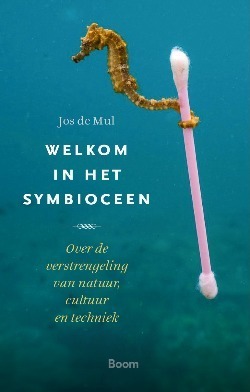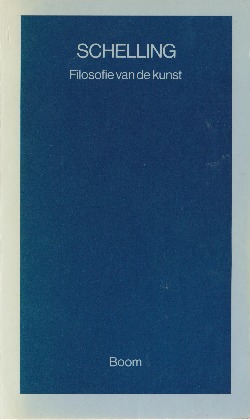Jos de Mul. From mythology to technology and back. Human‐animal combinations in the era of digital recombinability. Hong Kong: Hong Kong University of Science and Technology, March 28, Online lecture, 4PM Hong Kong time.
In Greek mythology, we come across wonderful human-animal combinations: the Centaur, the creature with the upper body of a human and the lower body and legs of a horse; Medusa, the woman with eyes of stone, from whose head snakes grow instead of hair; Chimaera, the monster with the head of a lion, the body of a goat and a snake for a tail? They sowed death and destruction. Quite comforting that they don’t exist.
Or should we say: did not yet exist? Because human-animal combinations are among us again, and this time not as creations of mythological imagination, but as products of contemporary biotechnology, such as cybrids and chimeras. Think of mice with sizable pieces of genetic code that originated from the human genome, used in cancer and pharmaceutical research, or pigs with a human heart, that are grown for medical applications.
Such biotechnological creations evoke a lot of discussions and resistance in public debates. This resistance is partly based on rational arguments, such as health risks, but often strong emotions, like feelings of disgust, play a major role as well. Why would that be the case? All things considered, contemporary biological insights inform us that human beings, like all species, actually are already polygenomic organisms, and for that reason, fundamental biological concepts such as ‘individual’ and ‘species’ deserve considerable nuance. On closer inspection, the mythological human-animal combinations appear to contain more truth on this point than nineteenth-century biology, which was strongly driven by a separative cosmology, which still haunts common sense conceptions of life today.
In his lecture De Mul will discuss recent developments in postgenomic molecular biology from the perspective of the interconnective cosmology of Greek mythology. Not in order to claim the ‘eternal truth’ of this ancient cosmology, but to show that it contains insights that help us to better understand contemporary postgenomic biology and philosophical anthropology and to situate them in a broader world-historical context.
2022-03-28 (Hong Kong) From mythology to technology and back. Human‐animal combinations in the era of digital recombinability
Typography
- Smaller Small Medium Big Bigger
- Default Helvetica Segoe Georgia Times
- Reading Mode









